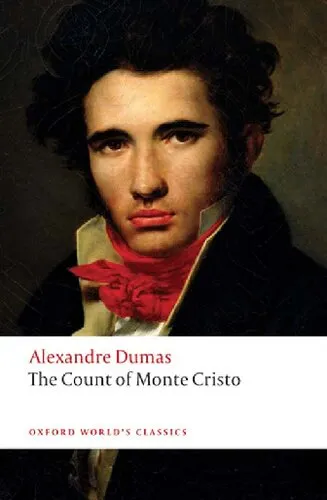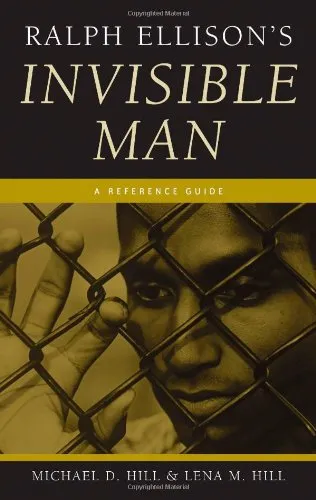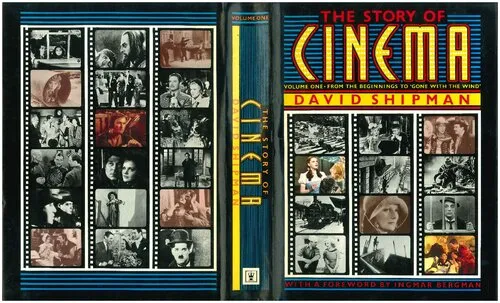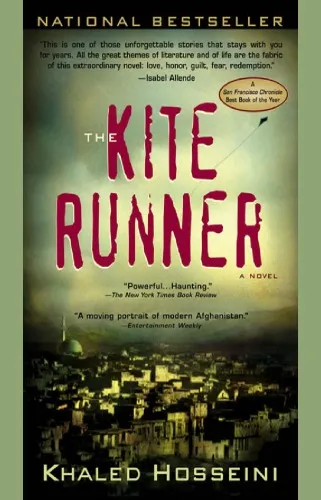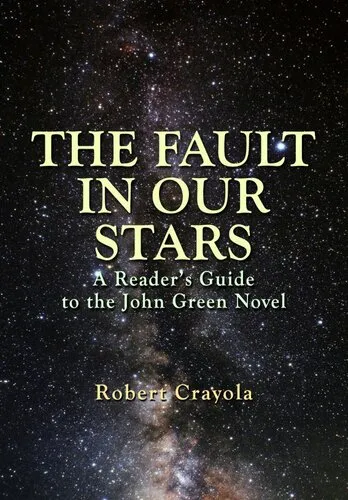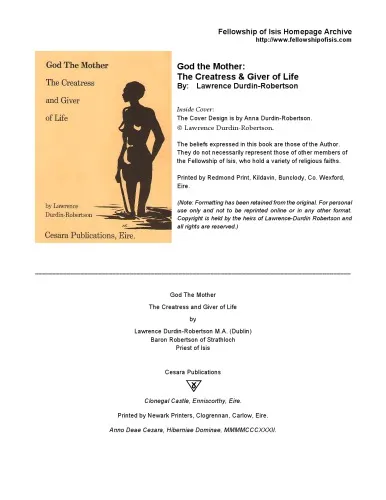Chasing Lolita: How Popular Culture Corrupted Nabokov's Little Girl All Over Again
3.4
Reviews from our users

You Can Ask your questions from this book's AI after Login
Each download or ask from book AI costs 2 points. To earn more free points, please visit the Points Guide Page and complete some valuable actions.Related Refrences:
Introduction to 'Chasing Lolita: How Popular Culture Corrupted Nabokov's Little Girl All Over Again'
"Chasing Lolita," authored by Graham Vickers, intricately explores how Vladimir Nabokov's iconic novel, "Lolita," has evolved from its literary origins into a multifaceted cultural phenomenon. This book delves into the reinterpretations and misrepresentations of Nabokov's work in various forms of popular culture, reflecting on society's changing perceptions and the enduring controversies surrounding it.
Detailed Summary of the Book
Vickers' "Chasing Lolita" begins by examining the original context and intentions behind Nabokov's "Lolita." The narrative of Humbert Humbert and his obsession with the young Dolores Haze shocked readers and provoked widespread debate on themes of morality, legality, and cultural consumption. The book then transitions into its main discourse: how "Lolita" has been reimagined and manipulated beyond its original framework.
"Chasing Lolita" meticulously details how the novel's central themes have been commercialized and glamorized in ways that often clash with Nabokov's intent. From film adaptations and fashion to advertising and music, Vickers portrays a world eager to exploit the shock value of "Lolita" while frequently ignoring its deeper, darker narratives. The book presents a series of case studies, including the infamous Stanley Kubrick film adaptation and the less well-known musical interpretations, showcasing the blurring lines between art, exploitation, and commodification.
Key Takeaways
- The complexity of Nabokov's "Lolita" is often lost in its various cultural adaptations, which tend to emphasize sensationalism.
- Popular culture has a powerful influence in reshaping literary works, sometimes overshadowing their original messages and themes.
- The continuous reinterpretation of "Lolita" reflects broader societal attitudes towards sexuality, innocence, and power dynamics.
- Understanding these adaptations gives insight into how cultural myths are formed and perpetuated over time.
Famous Quotes from the Book
"In a society obsessed with youth and beauty, Lolita's transformation from a literary character to a cultural icon exposes unsettling truths about our collective psyche." - Graham Vickers
"The journey of Lolita across media is less about the text itself and more about the reflection of societal ambivalence towards the boundaries of morality and aesthetics." - Graham Vickers
Why This Book Matters
"Chasing Lolita" is an essential read for anyone interested in the interplay between literature and popular culture. It challenges readers to critically assess how we consume and reinterpret narratives, particularly those as enduring and controversial as "Lolita." Vickers' scholarly yet accessible approach not only illuminates the metamorphosis of Nabokov's work but also encourages a broader dialogue about cultural responsibility and the ethics of adaptation.
A crucial aspect of the book's significance lies in its ability to spark reflective discussions on how popular culture continuously recycles and reshapes provocative themes. By understanding the journey of "Lolita," we gain insight into how similar narratives might evolve in the future and the implications they hold for both consumers and creators of art.
Free Direct Download
You Can Download this book after Login
Accessing books through legal platforms and public libraries not only supports the rights of authors and publishers but also contributes to the sustainability of reading culture. Before downloading, please take a moment to consider these options.
Find this book on other platforms:
WorldCat helps you find books in libraries worldwide.
See ratings, reviews, and discussions on Goodreads.
Find and buy rare or used books on AbeBooks.
1290
بازدید3.4
امتیاز0
نظر98%
رضایتReviews:
3.4
Based on 0 users review
Questions & Answers
Ask questions about this book or help others by answering
No questions yet. Be the first to ask!



